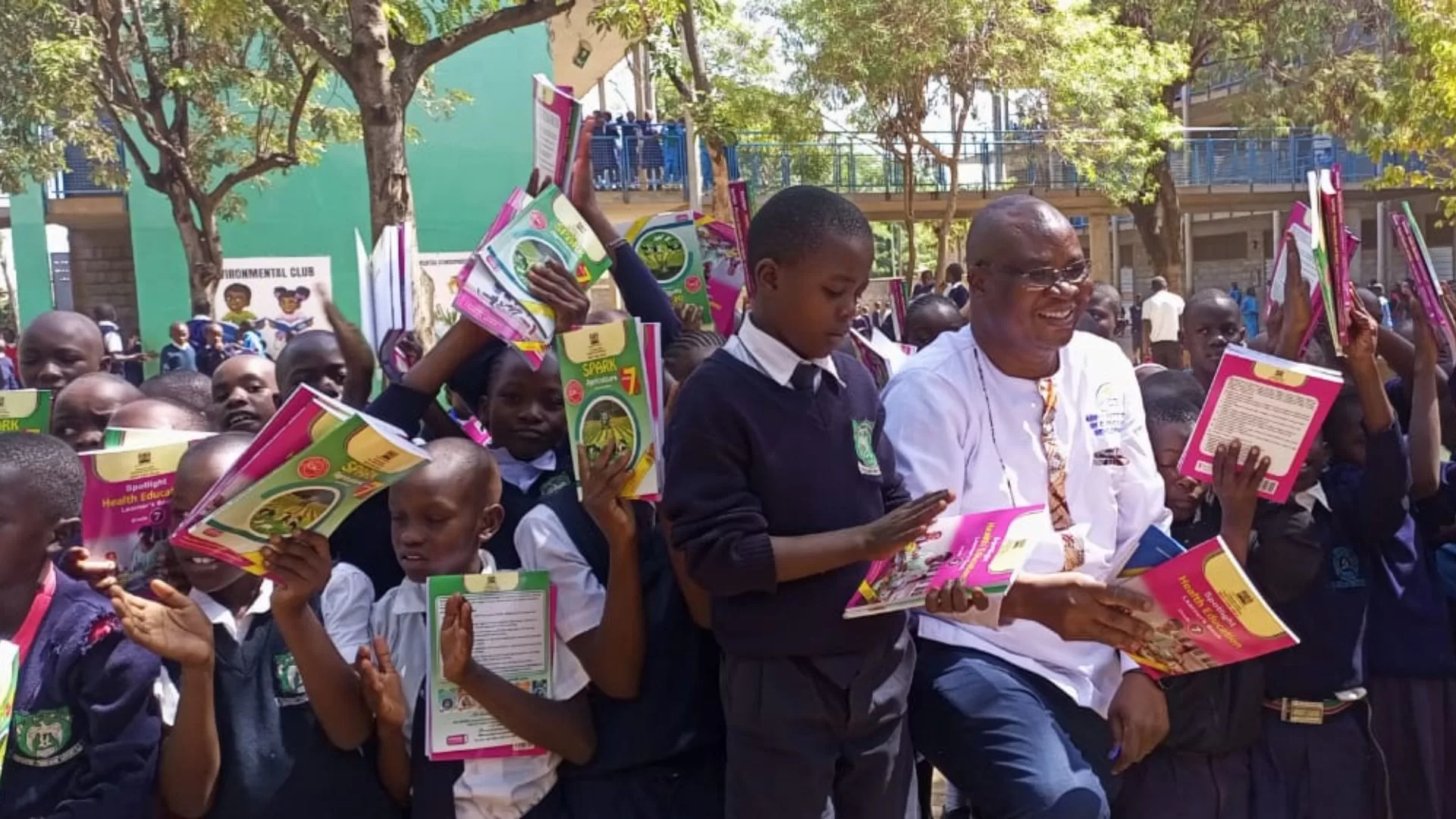85% of Public Primary Schools Have Received Grade 9 Textbooks, Says KPA Chairman.
In response to concerns from parents about a textbook shortage, Kiarie Kamau, the CEO of East African Education Publishers and Chairman of the Kenya Publishers Association (KPA), clarified that the claim was not true.
Kamau addressed the matter in a recent press conference, stating that books are available, and a significant portion of the textbooks have already been distributed.
Specifically, he mentioned that 85% of public primary schools had received Grade 9 textbooks, with the remaining deliveries expected to conclude by January 13th.
Kamau explained that the textbook distribution for Grade 9 learners and teachers began in November and continued through December, but was delayed due to the holiday season.
Schools were closed during December, making it difficult to deliver books as headteachers were unavailable.
Distribution resumed immediately after schools reopened on January 6th. By January 13th, all public schools are expected to have the necessary textbooks.
Private Schools and Book Access
Regarding private schools, Kamau confirmed that they do not receive government-issued textbooks. Instead, private institutions are required to purchase books from bookshops.
He added that the Kenya Publishers Association has provided contact details for publishers, enabling parents, teachers, and learners to easily get in touch with publishers if a particular book is unavailable in stores.
When asked about the delay in textbook availability, Kamau attributed it to the holiday season. Publishers typically supply books to bookshops, but with the holiday period falling between December 27th and 31st, some confusion arose regarding availability.
Kamau reassured that textbooks are now readily accessible and emphasized that this minor hiccup was due to logistical challenges, not a widespread shortage.
Clarification on Blame between Publishers and KICD
Kamau also addressed a report earlier in the day which claimed that there was a blame game between the KPA and the Kenya Institute of Curriculum Development (KICD).
The report suggested that KICD had not provided the necessary content to publishers on time. Kamau firmly denied this, stating that there was no truth to these allegations.
Read Also: Parents Urge Drivers to Prioritize Road Safety as Students Head Back to School
He explained that in 2022, President William Ruto had appointed a presidential working party on education reforms to address issues related to the Competency-Based Curriculum (CBC).
The KICD used feedback from this process to revise curriculum designs, which were then made available to publishers.
Kamau further clarified that book production is a lengthy process, emphasizing that publishers strive to produce high-quality materials that provide the correct content for learners.
In closing, Kamau acknowledged the challenges faced in the textbook distribution process and shared his thoughts on how these issues could be avoided in the future.
He promised to discuss these lessons learned after the break, hinting at improvements the KPA would make to ensure smoother operations moving forward.
85% of Public Primary Schools Have Received Grade 9 Textbooks, Says KPA Chairman.
Follow Teachers Updates on Facebook, LinkedIn, X (Twitter), WhatsApp, Telegram, and Instagram. Get in touch with our editors at [email protected].


Discussion about this post